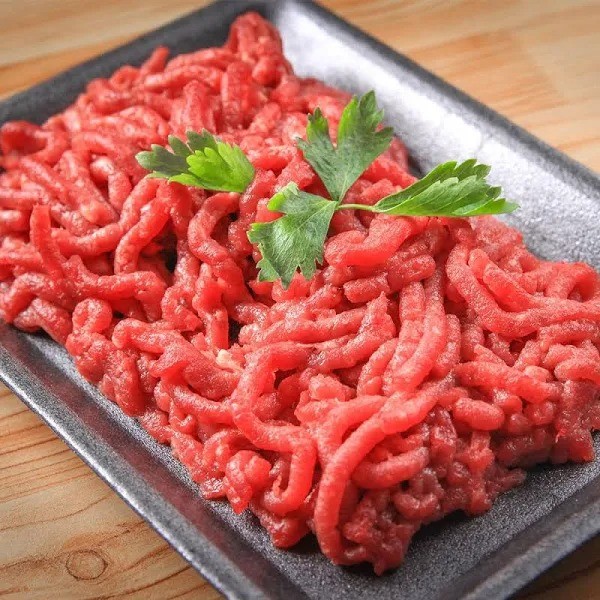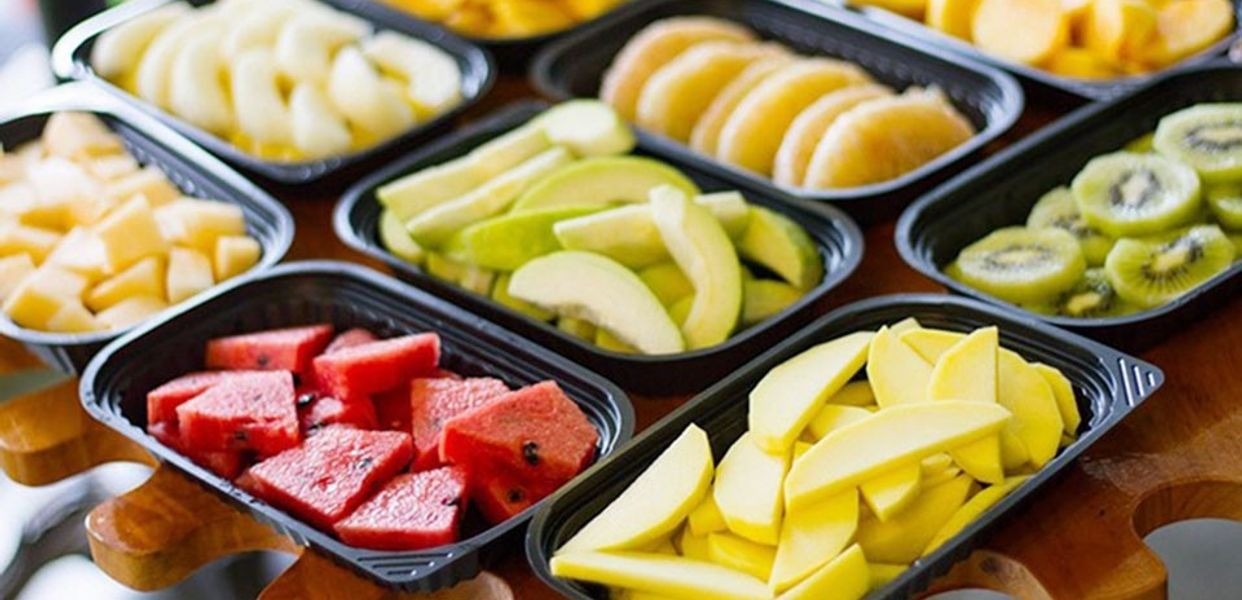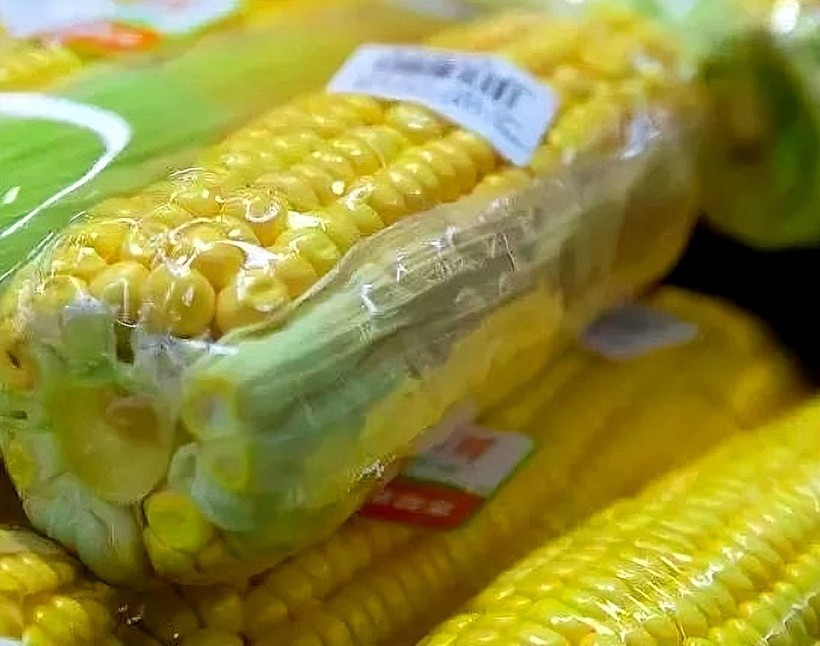Avoid buying pre-ground meat at the supermarket
In recent years, housewives have often chosen to buy pre-ground meat outside the supermarket because they find it convenient and time-saving.
However, experienced sellers advise against buying pre-ground meat at the supermarket. Firstly, because the buyer does not choose the piece of meat from the beginning, they do not know the quality of the meat, whether it is fresh or leftover from the day. There is even a risk that the meat is contaminated and not properly cleaned, which can harm health.
Therefore, when going to the supermarket, housewives should choose fresh meat to grind instead of buying pre-ground meat to ensure the health of the whole family.

Avoid buying pre-ground meat at the supermarket. Internet photo
Avoid buying pre-cut fruits at the supermarket
Pre-cut fruits are one of the easy-to-find foods in any supermarket. However, these types of fruits are no longer fresh and may be on the verge of losing their nutritional value, as well as posing potential health risks.
When fruits are about to expire or spoil, to avoid wastage, the staff will remove the damaged parts, cut them into beautiful shapes, and neatly arrange them in trays or cups to make them visually appealing and at a cheap price to attract buyers. That’s why pre-cut fruits often contain many bacteria that can be harmful, so it’s best not to buy them.
The packaging of pre-cut fruits often uses a lot of non-biodegradable plastic materials or packaging, which puts pressure on the environment. Minimizing packaging waste is one of the ways to support environmental protection.

Pre-cut fruits carry the risk of poor hygiene. Internet photo
To keep pre-cut fruits fresh and prevent them from turning brown after cutting, some supermarkets may use preservatives. Consuming these chemicals may not be beneficial for long-term health.
To ensure health and maximize benefits, consumers should consider buying whole fruits and cut them at home. This not only helps preserve the nutritional value but also minimizes the risks of food safety and supports environmental protection.
Peeled corn
Buying pre-peeled corn at the supermarket or grocery store may seem convenient, but there are several reasons why this is not recommended:
– Reduced quality and nutrition: Corn, after being peeled and its natural protective layer removed, can easily lose water and nutrients. The oxidation process begins as soon as corn comes into contact with air, leading to a reduction in vitamins and important minerals.

Pre-peeled corn does not guarantee food safety. Internet photo
– Lack of food safety: Pre-peeled corn may not be processed in a sterile environment, which increases the risk of bacteria contamination from the working surface, utensils, and even the food handlers themselves. This can lead to health issues if the corn is not properly stored and prepared.
– Possible use of preservatives: To extend the shelf life of peeled corn, some manufacturers may use preservatives. Regular exposure to these chemicals may not be good for health.
According to Người đưa tin
“How to Keep Fresh Flowers Arranged for Up to 3 Days Without Overwatering”
It’s almost that time of year again – Tết! As you adorn your home with gorgeous and vibrant flowers, you may be wondering: how do I make sure they stay fresh for as long as possible? If you’re not familiar with the right care techniques, your flowers can fade and start to wilt in as little as one or two days. Don’t worry though, we have some tips here to help keep your flowers looking beautiful for the duration of the festive season!
8 Common Mistakes People Make with Cutting Boards
Are you using your cutting board correctly? Many Vietnamese households rely on cutting boards in their kitchen, but not everyone knows how to use them properly, especially when it comes to wooden cutting boards. Check out these 8 mistakes to avoid when using a cutting board to ensure both hygiene and safety for everyone in your family.
Is Refrigerated Leftovers Linked to an Increased Risk of Cancer?
Dr. Lam Van Man, Head of Research, Development and Technology Transfer Department of the Institute of Safety Food, has warned of the risk of food poisoning when reheating leftovers from the refrigerator. But what should we be aware of when it comes to the possibility of these leftovers causing cancer? Here, we explore what the experts have to say on the matter and offer some tips for safe eating.



































